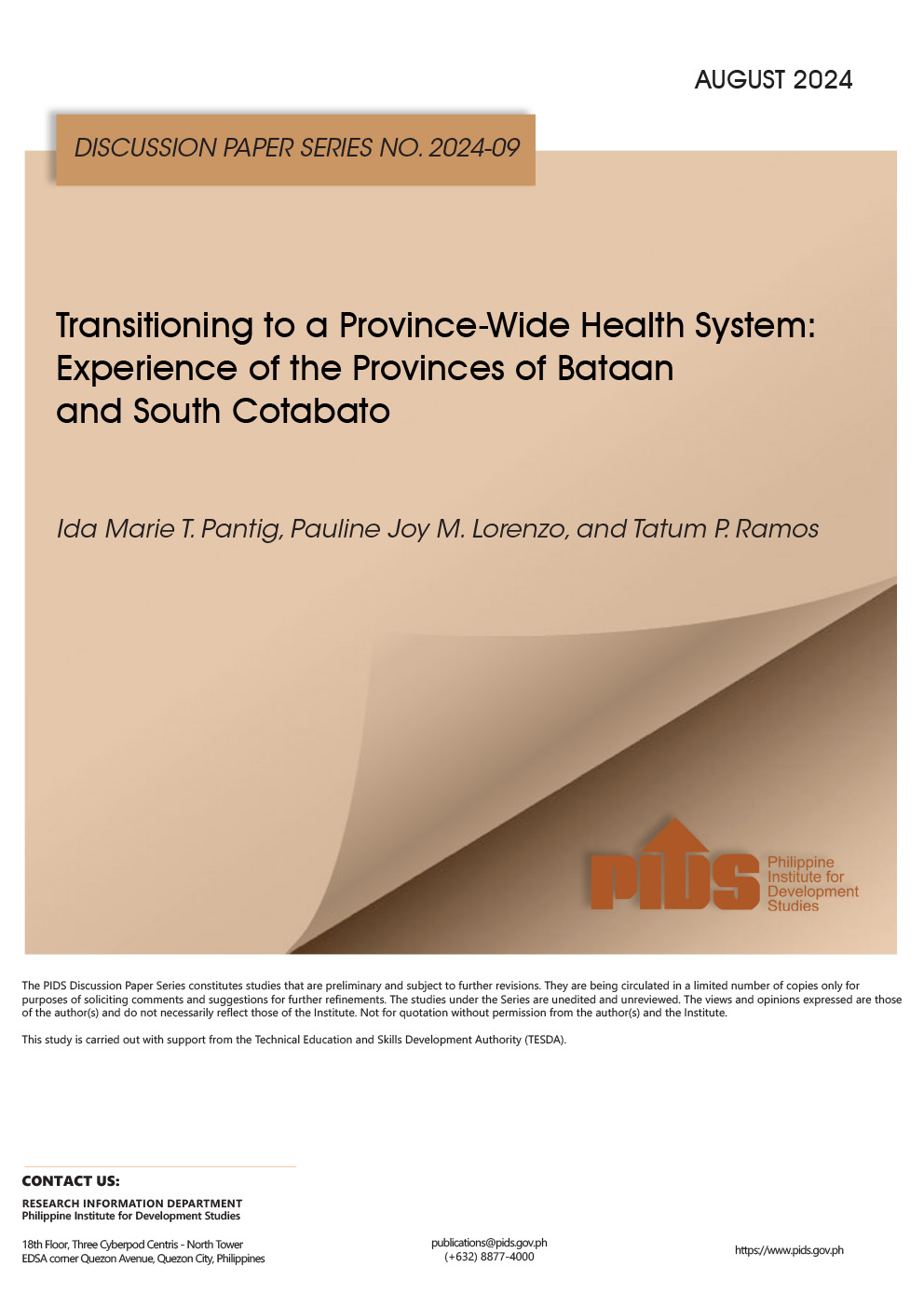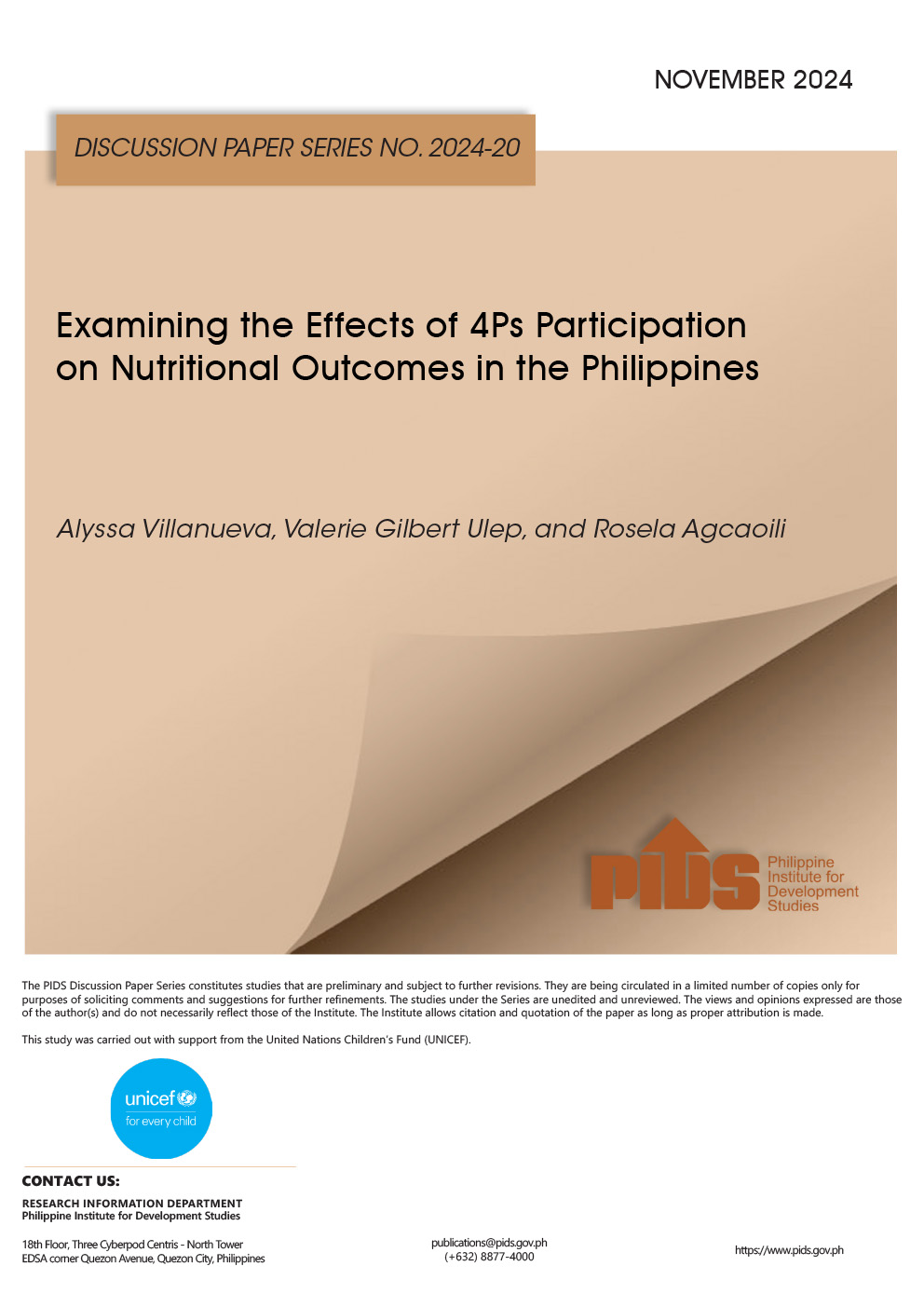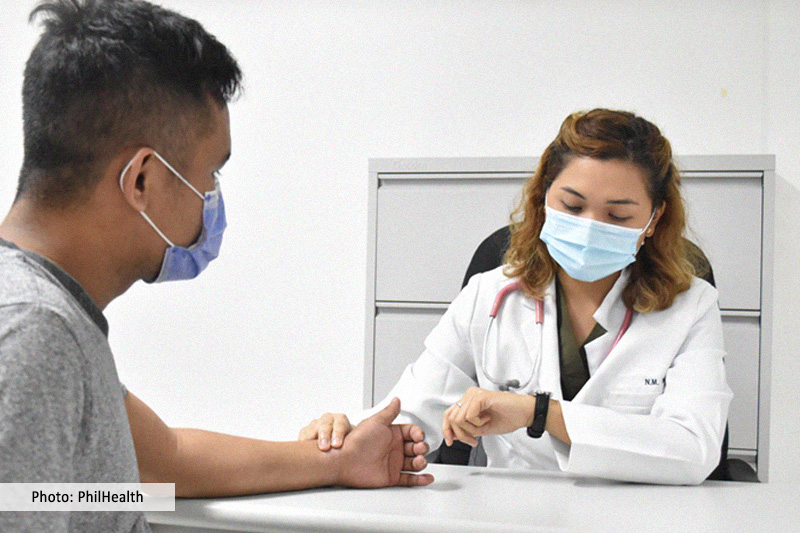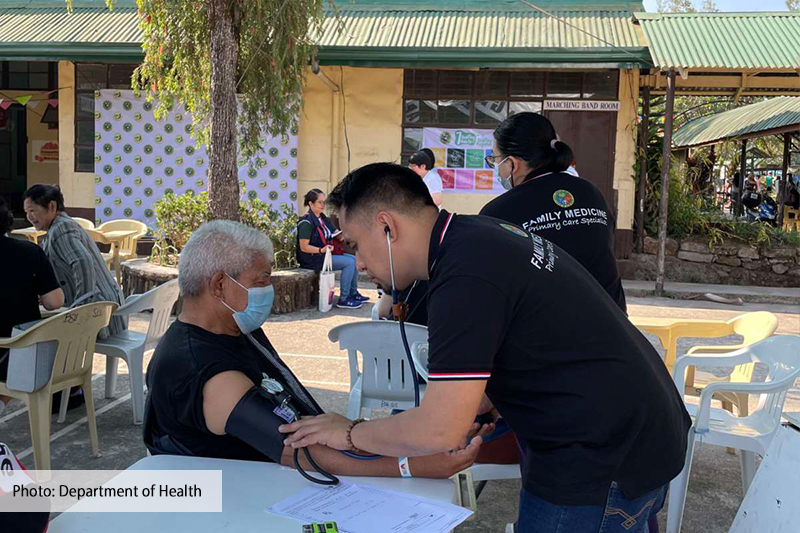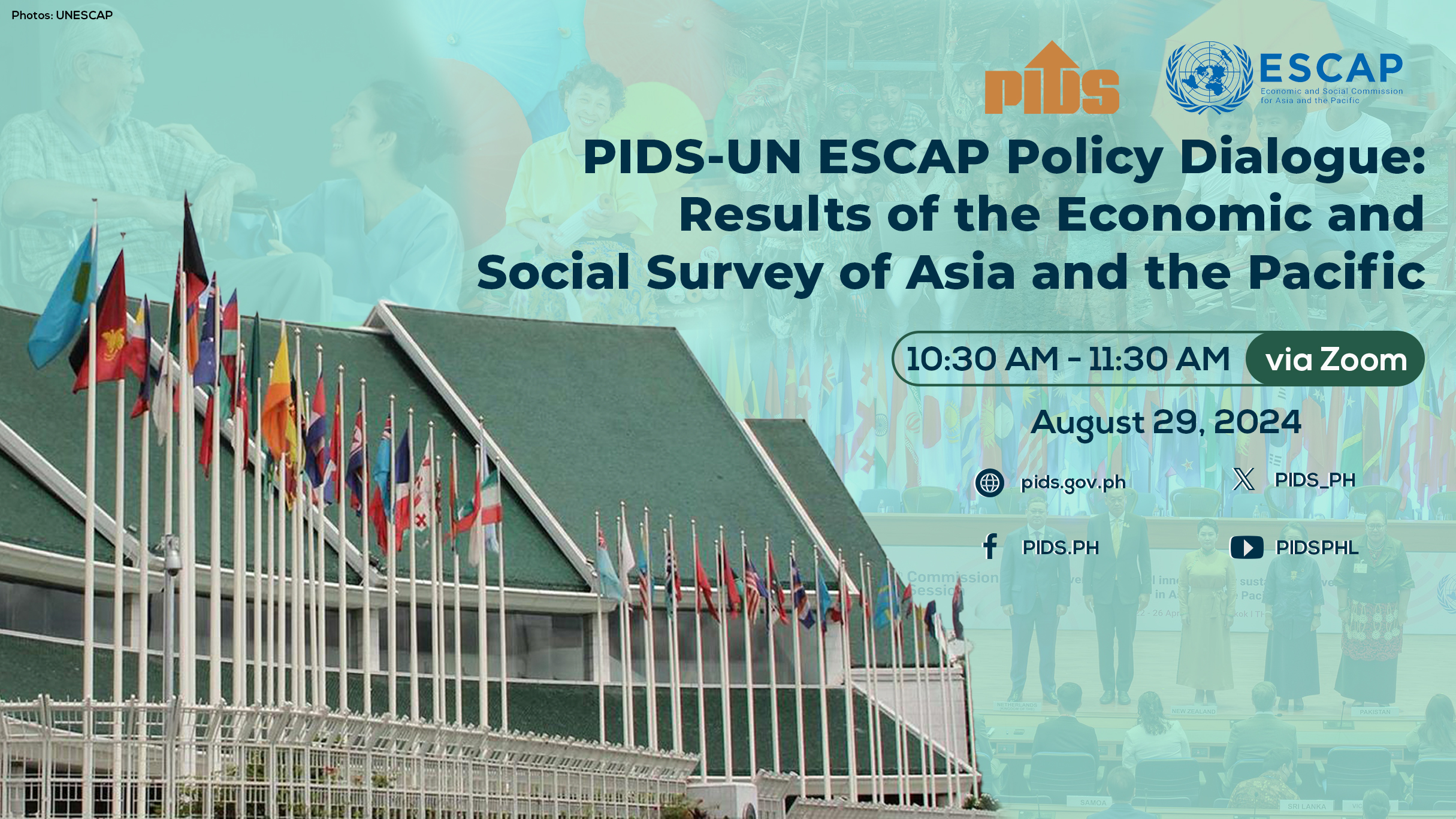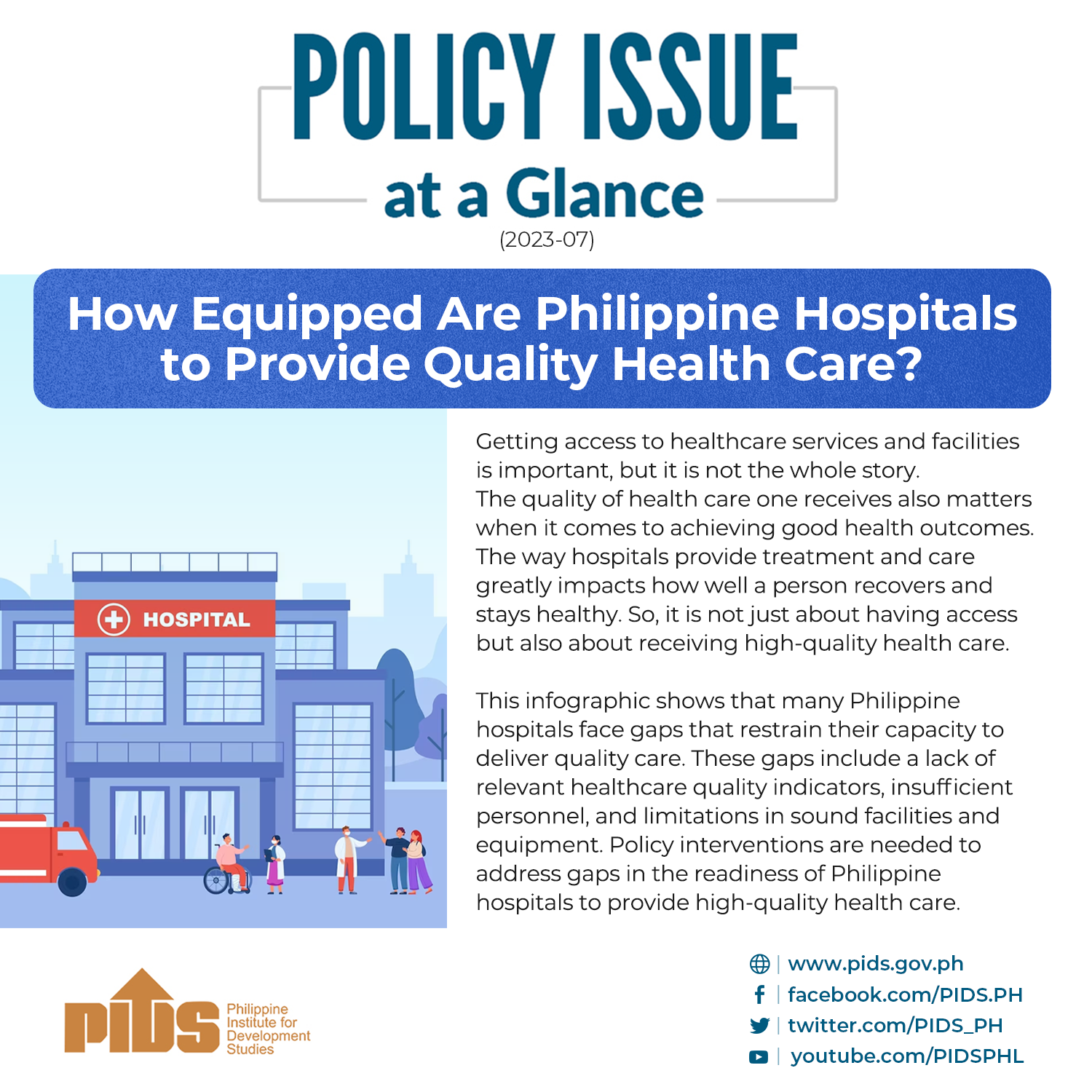ADDITIONAL health spending is being billed as a key component of the Philippine economic recovery, with a government think tank saying it will help make future health emergencies more manageable while making the workforce more productive.
The Philippine Institute for Development Studies (PIDS) said in a study: “Health expenditure consistently predicts health outcomes and is an important measure of the nation’s level of health investment.”
The study said that the coronavirus disease 2019 (COVID-19) pandemic “put the spotlight on the health sector and the need for its strengthening both to manage COVID-19 and ensure sustainable economic recovery.”
It said that health spending in the Philippines remains low relative to its neighbors.
“Though spending on the Philippine health sector increased in response to the COVID-19 pandemic, prior to this global scare, there was evidence of underspending and challenges in the implementation of the Universal Health Care Law. Philippine gross domestic product (GDP) rapidly increased in recent years, but the country has experienced only modest improvements in health outcomes compared to neighboring countries,” it said.
It attributed the slow progress of the sector to underinvestment.
“For example, Philippine public spending on health is half ($50 per capita in 2018) of what upper middle-income and Association of Southeast Asian Nations countries ($100) spend. Many of these countries are already implementing universal healthcare,” it added.
The study said that the government needs to allocate resources in the health sector to “stimulate economic growth while also improving population well-being.”
“Sustainable economic growth can be explained by continuous investment in human capital, which leads to increased productivity. Though traditional human capital investments are related to knowledge, such as education and training, some pieces of economic literature have examined and shown evidence of the association of investment in health and its indicators to human capital productivity,” it said.
PIDS recommended policies that would better facilitate the implementation of the Universal Health Care (UHC) Act.
“Given the findings of this study, the implementation of the UHC Act should not be considered a health sectoral agenda alone, but also part and parcel of the country’s policy to improve economic productivity,” PIDS said.
It noted that some components have yet to be implemented, such as the mobilization of health resources and reforms to the Philippine Health Insurance Corp.
PIDS also recommended investing in cost-effective interventions and infrastructure.
“While the level of public spending on health matters, the type of spending is critical. The government should invest more on improving primary and preventive care, which is more efficient and effective on improving health outcomes compared to curative or hospital-based care,” it said.
It noted that studies have shown that robust primary care is more likely to lead to healthier employees and a healthier population in general.
“The ASEAN cross-country regressions showed that lagged investments (gross capital formation) have an impact on labor productivity. This would provide the infrastructure needed to encourage businesses and equip workers with the necessary equipment/tools/technology to be more productive,” it said.

